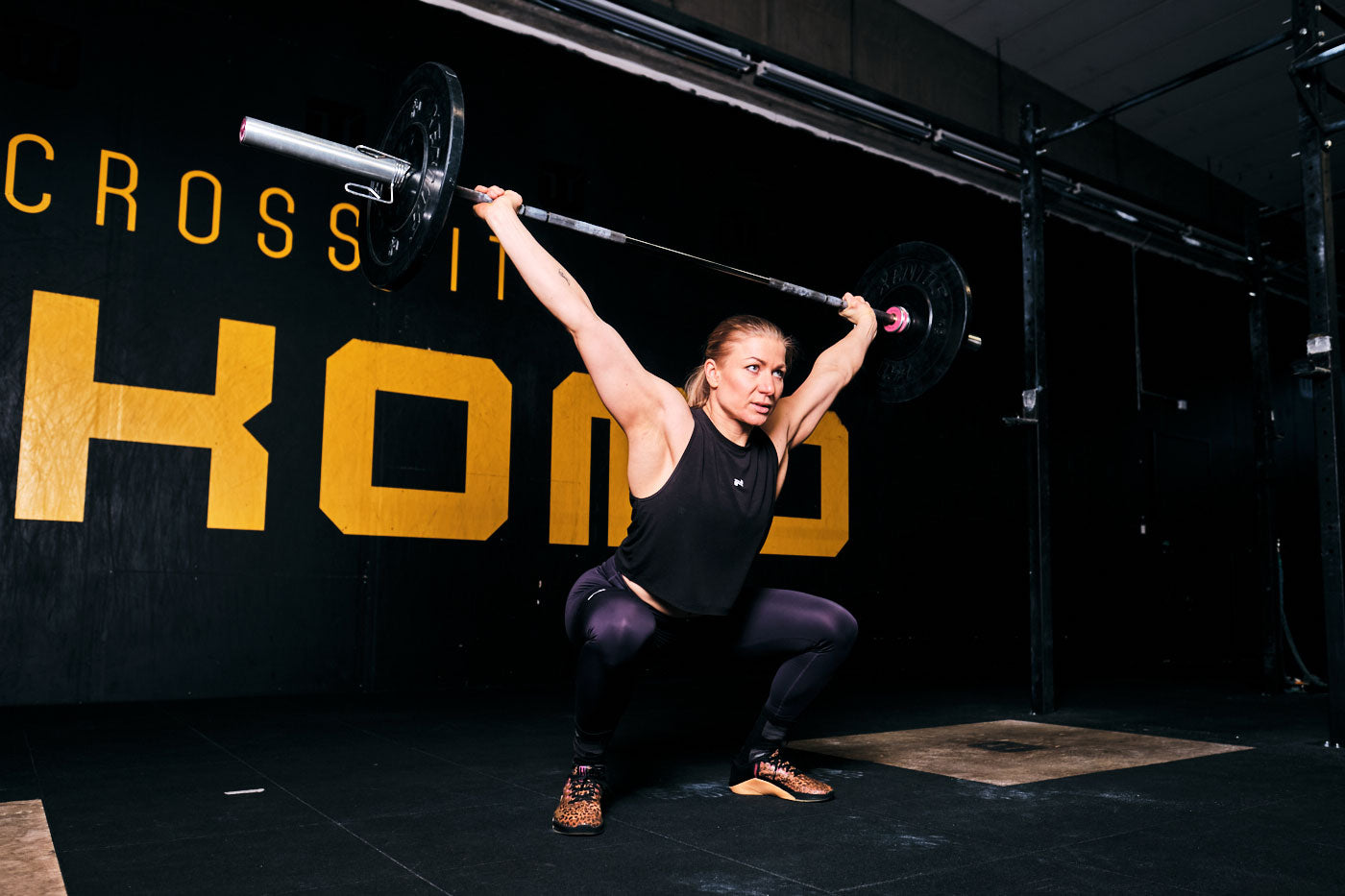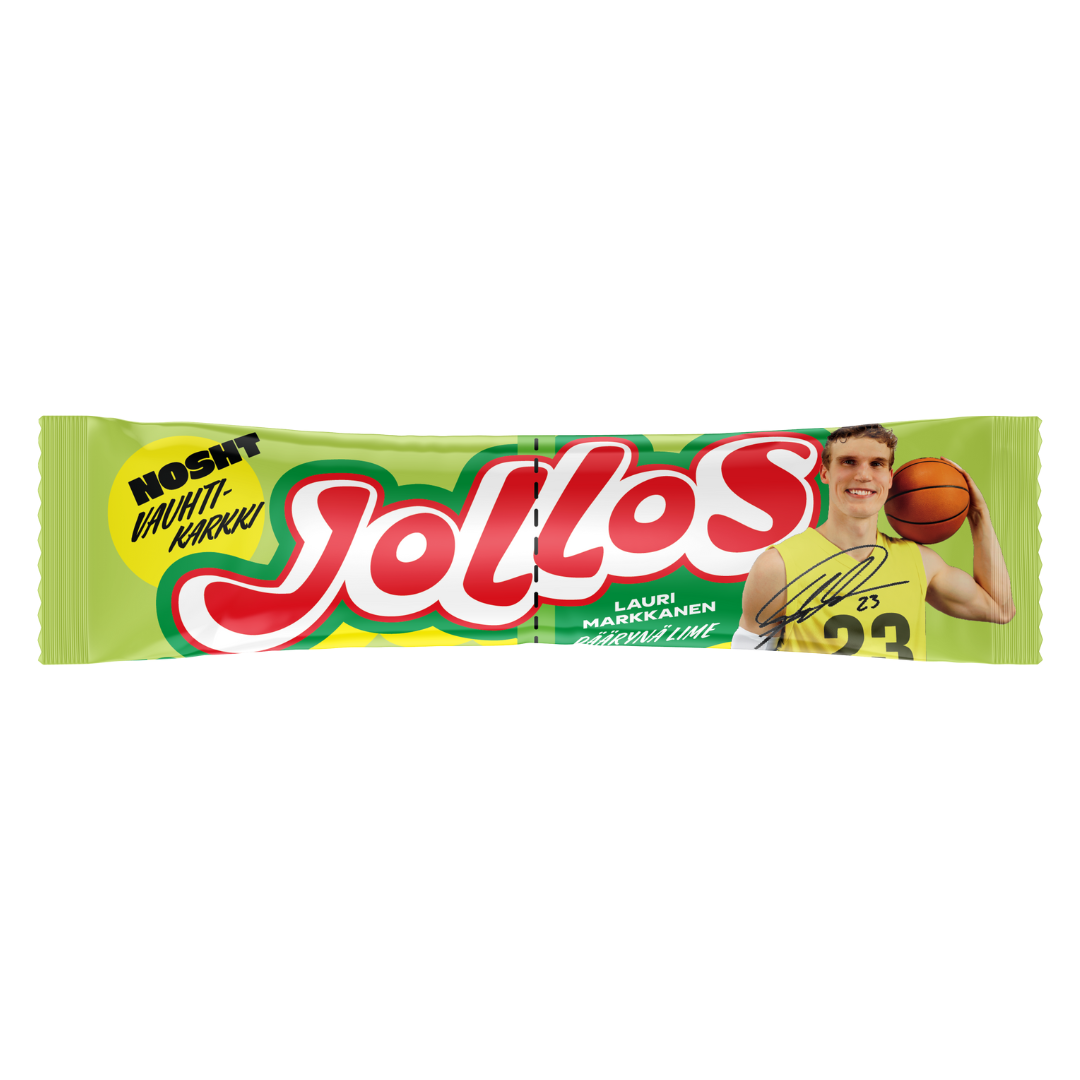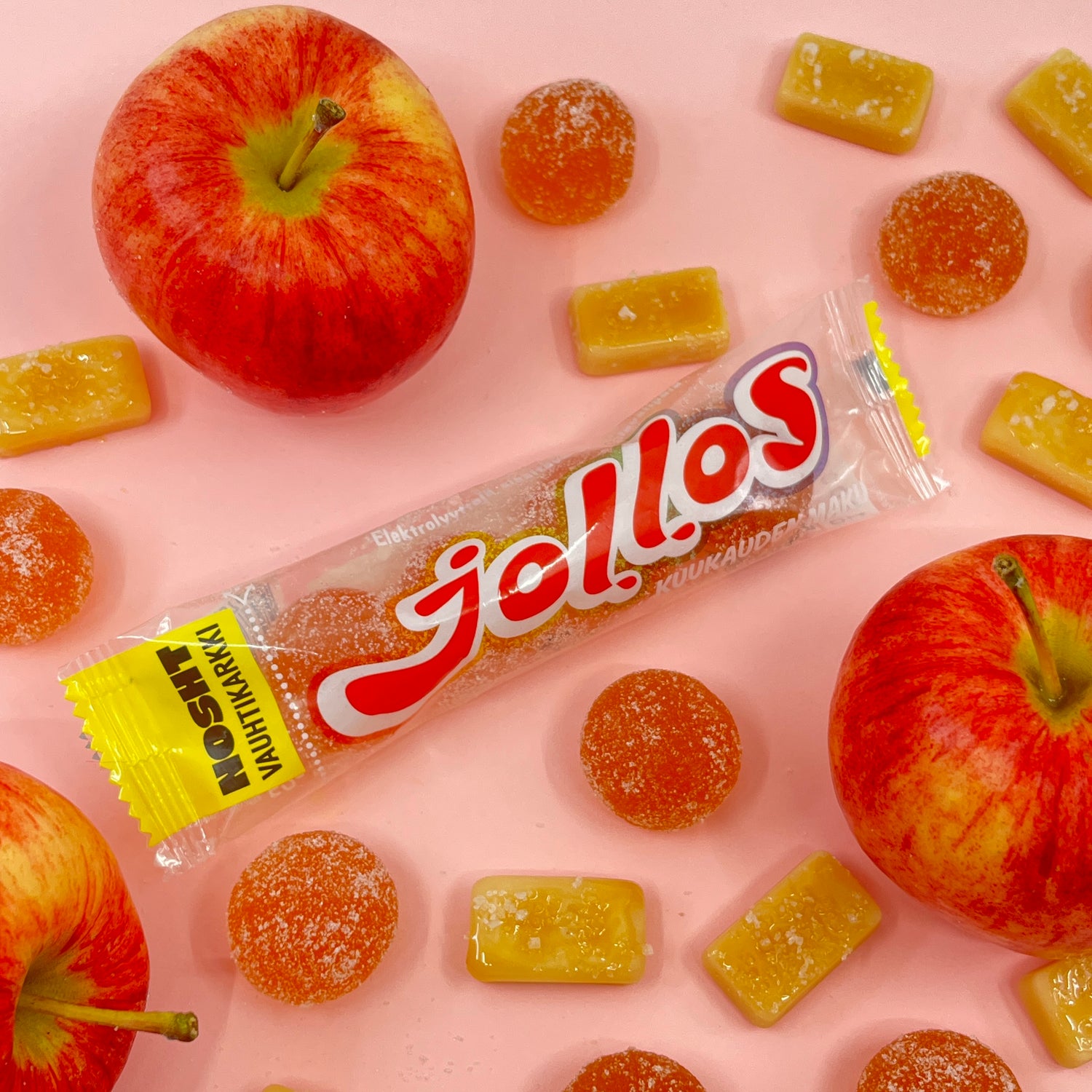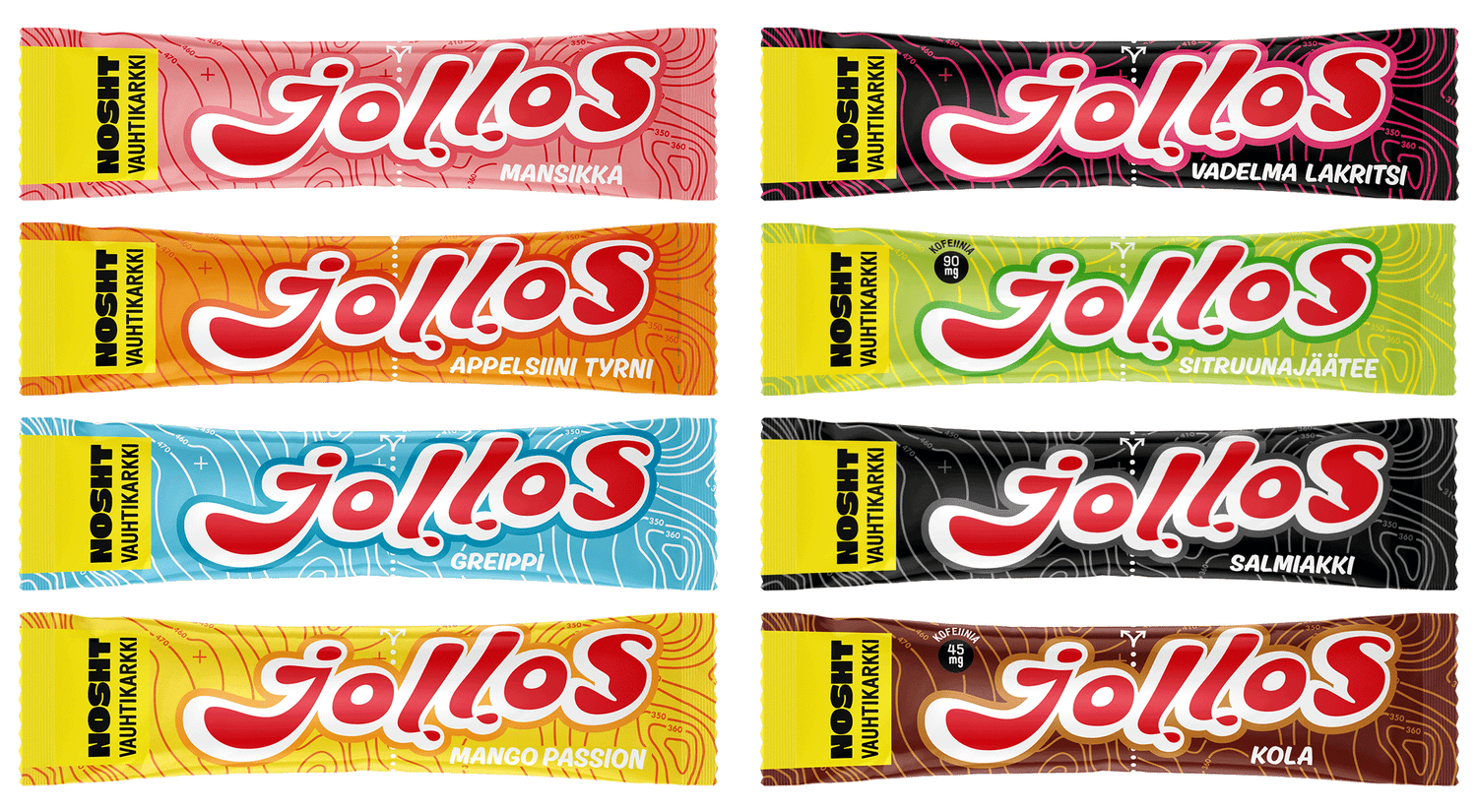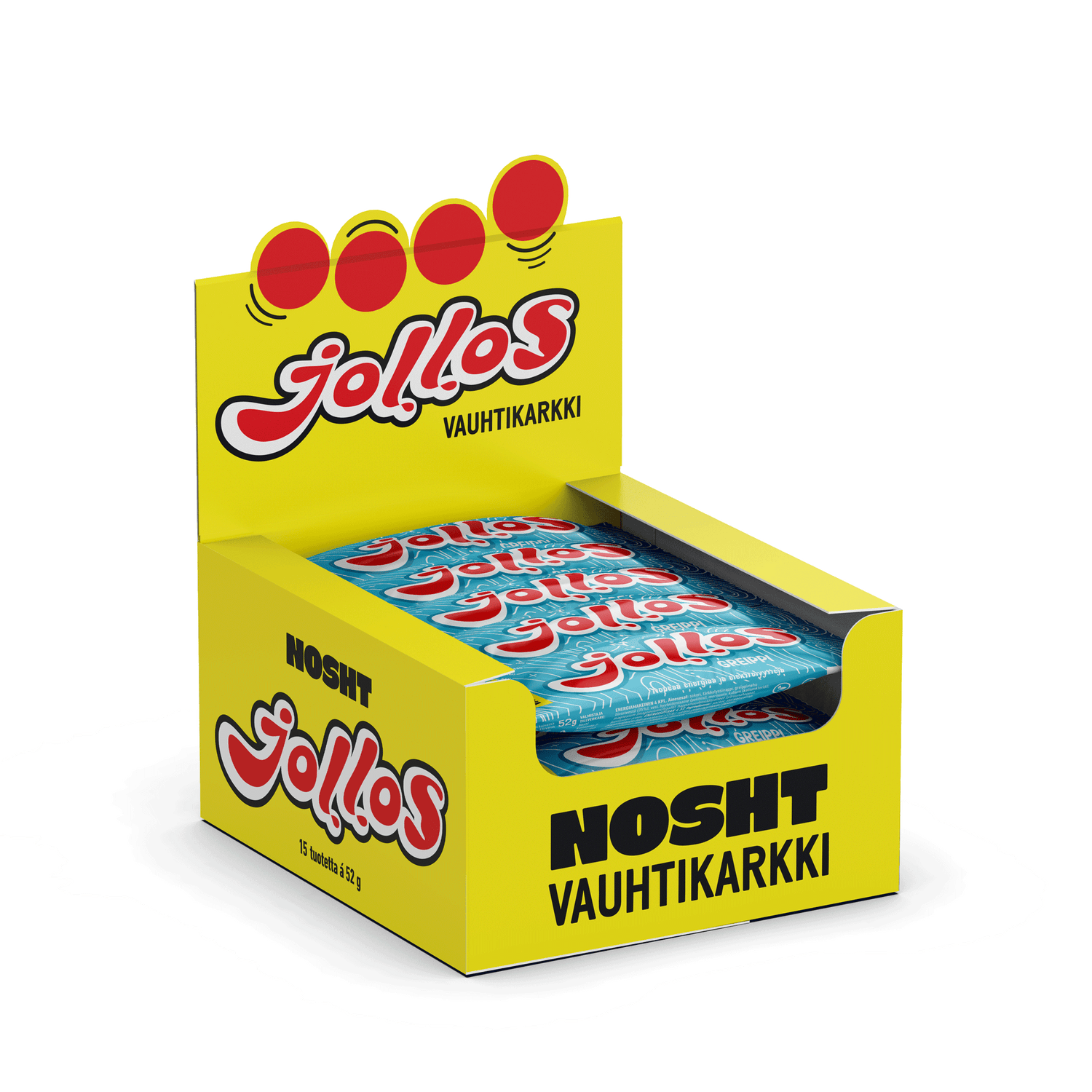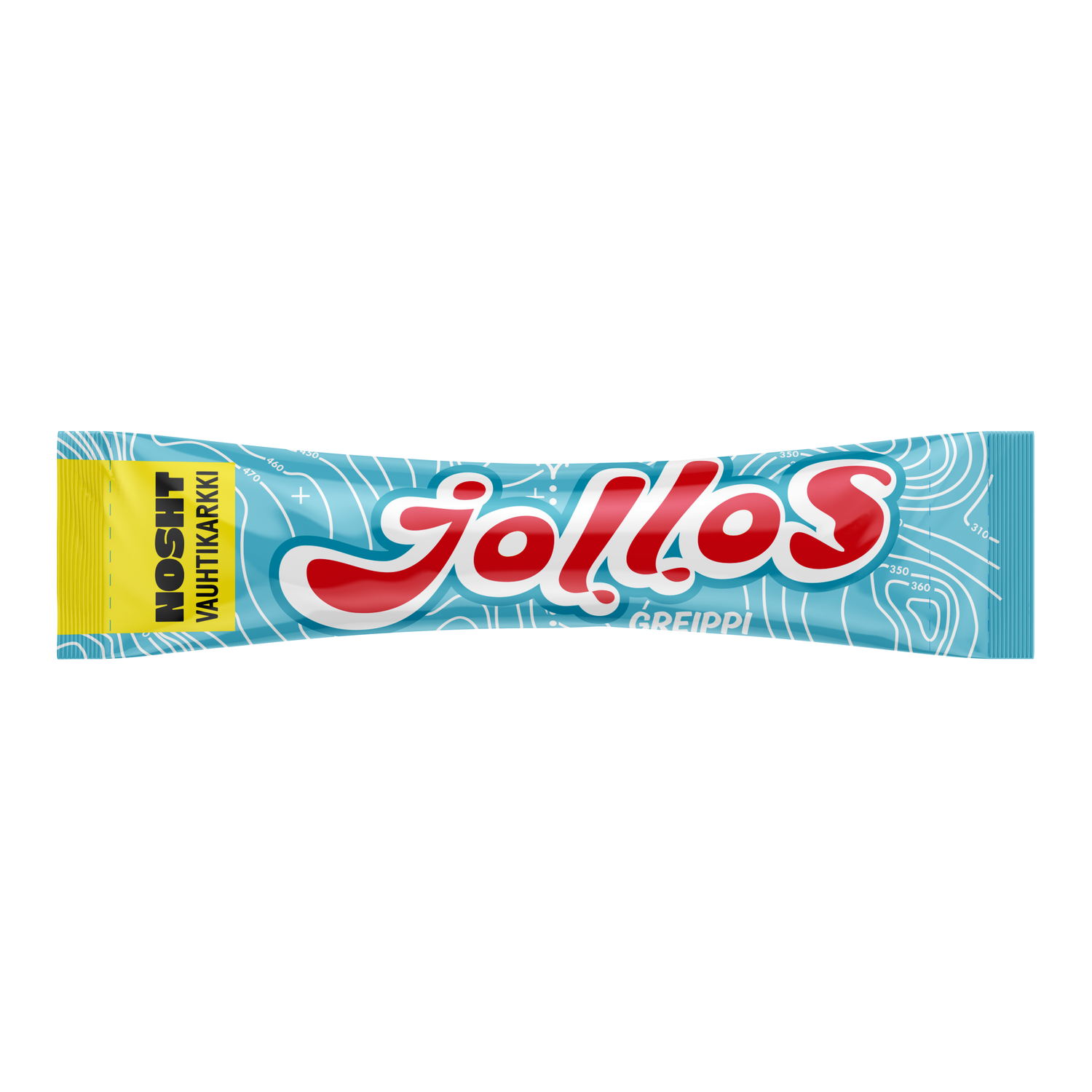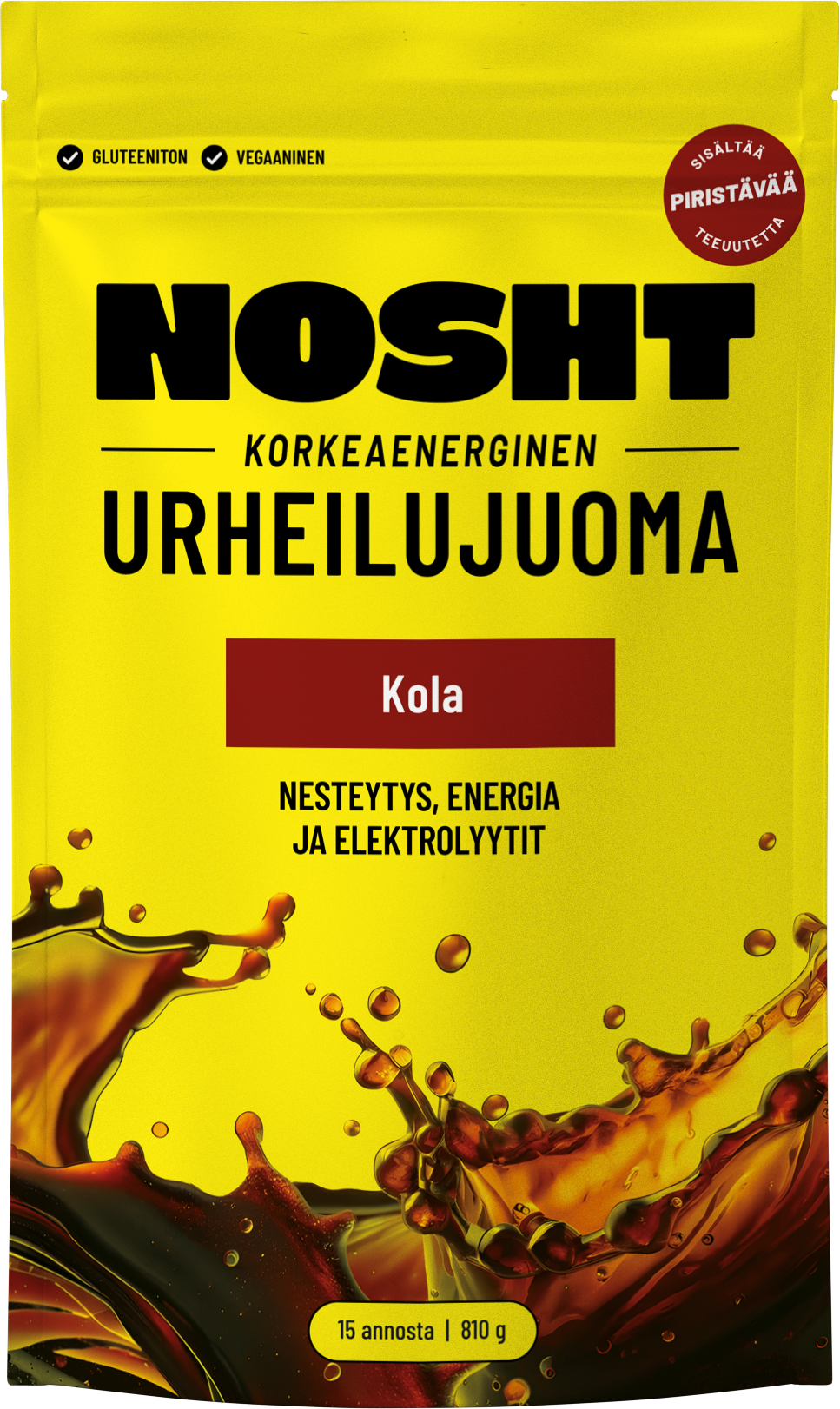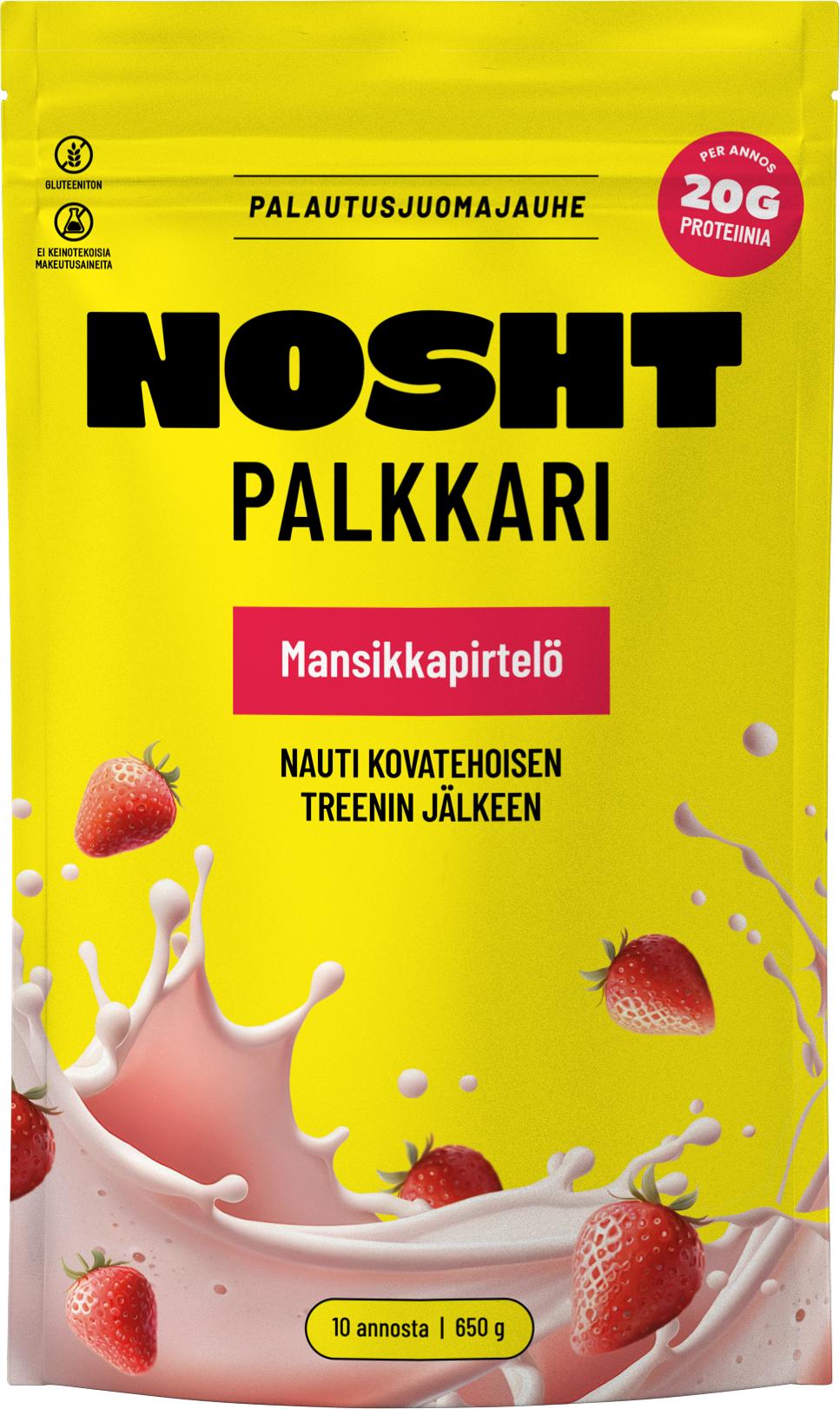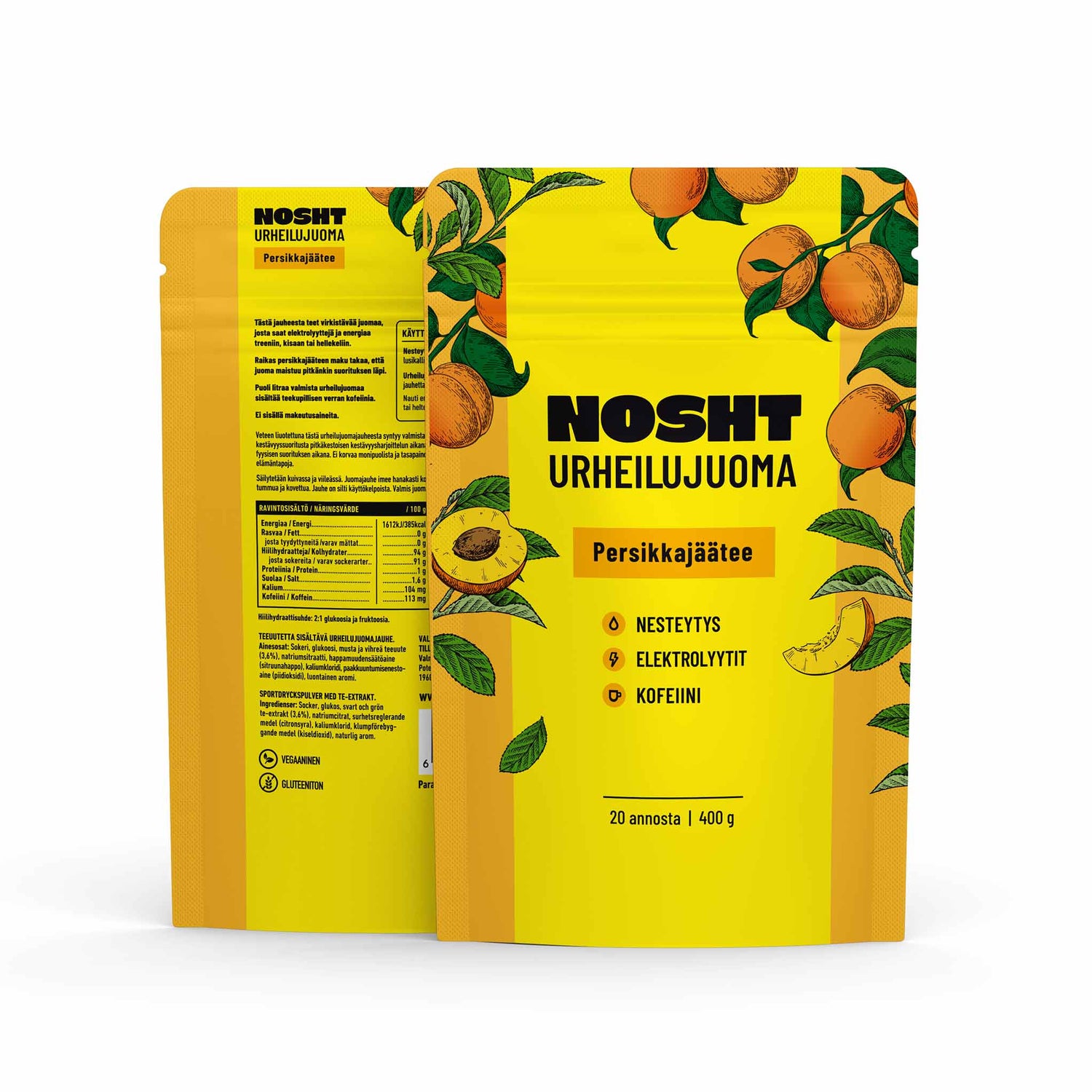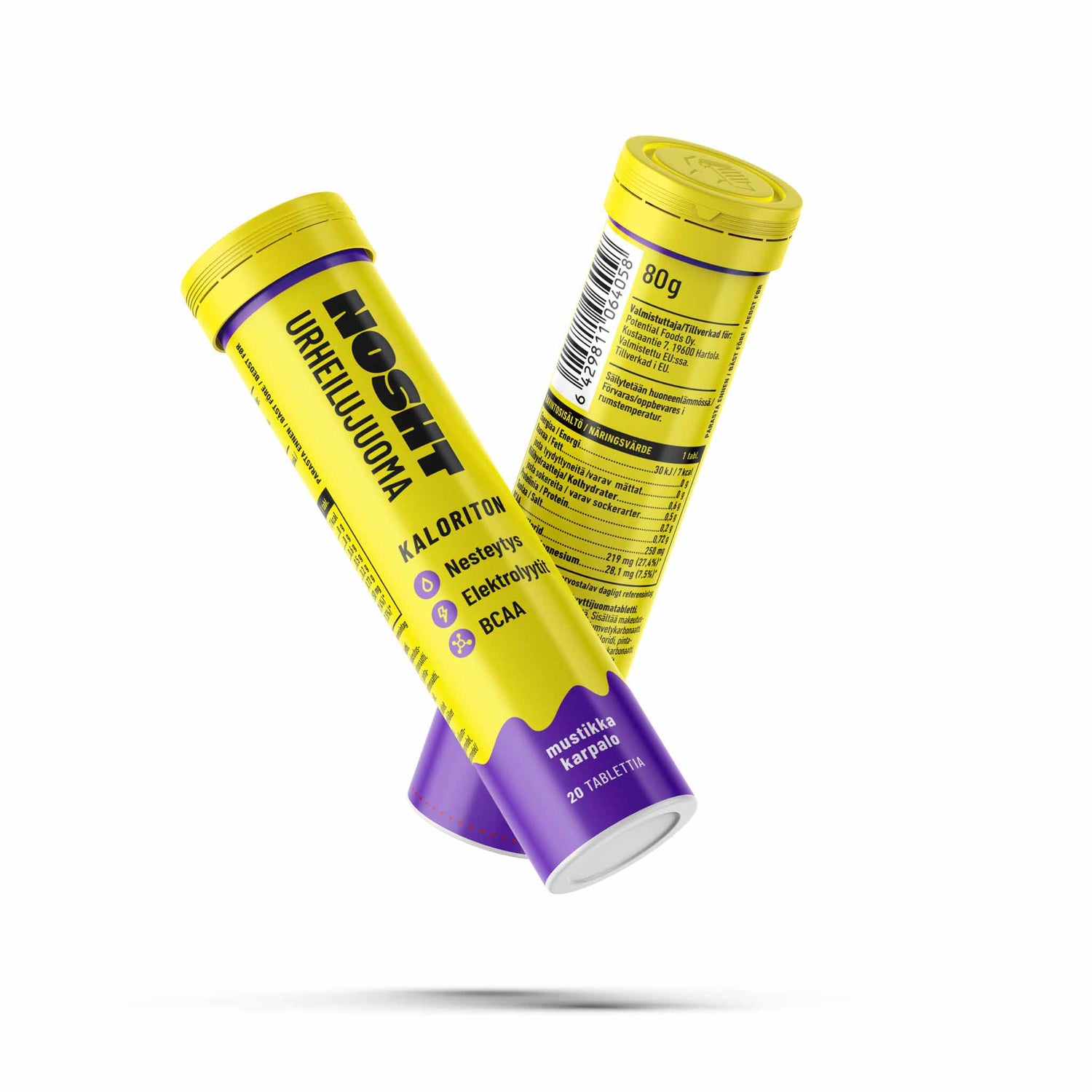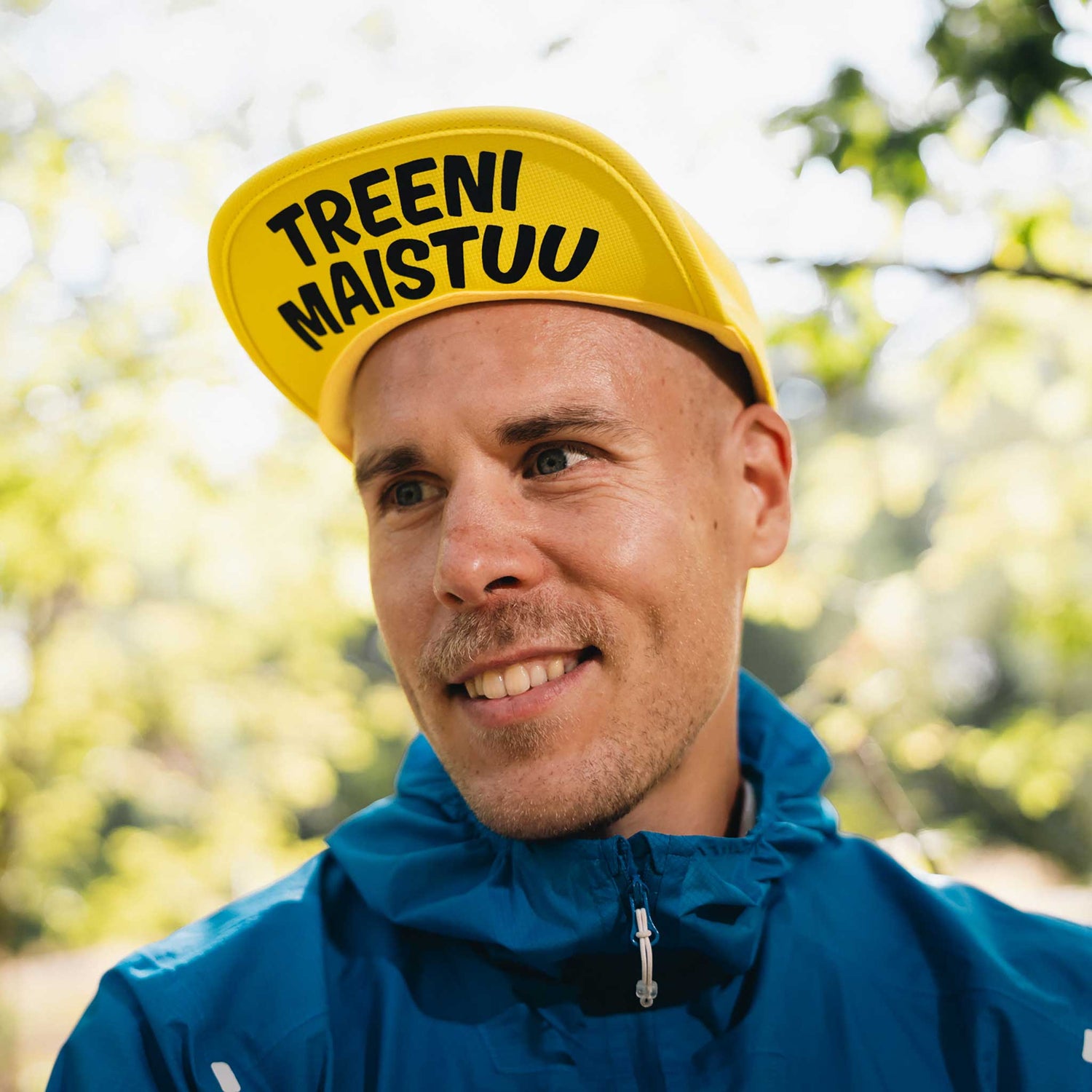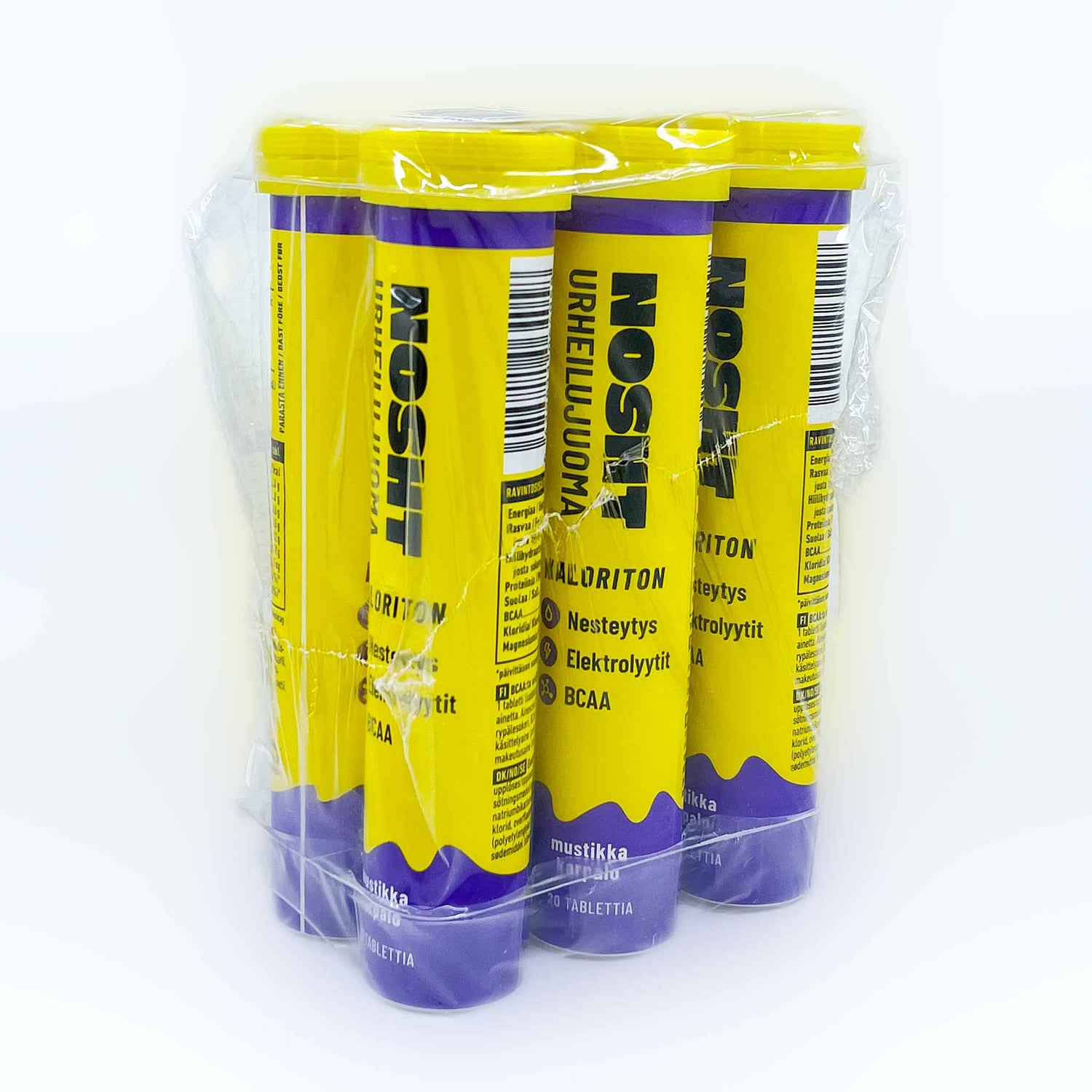Getting enough energy is a must for CrossFitters of all levels. This is how to make the most of your training and recovery.
To make the most of your CrossFit or functional training, you need to eat well – and especially eat enough.
This blog post explores why getting enough energy is a must for CrossFitters of all levels and how to plan your nutrition to make the most of your training and recovery.
CrossFitters don’t get enough energy
Not getting enough energy can be detrimental to your training and take a toll on your recovery and overall health. Not eating enough can also make weight loss more challenging.
A 2020 study found that many CrossFit participants don’t get enough energy to support their training. The average energy intake was only 1,700 kcal for women and 2,300 kcal for men, less than their recommended demand.
In addition to not getting enough calories, the athletes didn’t consume enough carbohydrates. Women especially didn’t get enough vitamin E, iron and calcium from their diet.
Relative energy deficiency in sports (RED-S) is a condition that can lead to many kinds of severe health issues. For example, low energy availability can affect your hormone balance, harm your performance and cause psychological problems. In addition, recovering from RED-S can take a long time, and some effects can even be permanent.
How much energy should I get to support my CrossFit training?
The traditional “calories in, calories out” formula doesn’t give a comprehensive picture of your energy balance.
A better way to calculate your energy balance is relative energy availability. It gives you a better picture of your actual energy balance and if you’re eating enough to support your goals.
A good energy availability for an athlete is roughly 45 kcal/kg. If your goal is to gain muscle mass or weight, your energy availability could be more than 45, and if your goal is to lose weight, it can be a little lower. But be careful; research has shown that health risks increase significantly if energy availability is less than 30 kcal/kg.
How to calculate your relative energy availability
Relative energy availability = (Energy intake–energy consumption during training) / lean body mass
Example:
Weight: 65kg
Body fat percentage: 20%
-> Lean body mass 52kg
Energy intake (=energy from food): 2,800kcal
Energy consumption (2 training sessions): 1,300kcal
-> remaining energy 1,500kcal
Energy availability= 1,500/52= 29 kcal/kg
We can see that even though our example athlete eats 2,800 kcal per day, her energy availability is quite low due to a lot of training. To get to the recommended 45 kcal/kg level, she should eat around 3,600 kcal/day.
How do I support CrossFit training with my nutrition?
A balanced diet is not only about calories. And it’s not only about your macros (carbs, fats, protein) either. The best way to support your training is to eat real food that you enjoy and complement that with supplements when needed.
Before workout: A good training session begins well before hitting the gym. Plan your meals according to your training schedule for the day, especially if you train two times per day.
If it has been a long time since your last proper meal, it’s wise to have a snack with carbohydrates before a tough workout.
- Keep Nosht Assorted Protein Bites in your gym bag or make a raw porridge with rolled oats, almond milk, banana and Nosht Nut Protein.
During workout: If your training lasts more than an hour, it’s beneficial to fuel up during the workout, too. Especially if you’re planning to do a longer metcon and feel a little drained already before that, taking quick carbohydrates can give you a much-needed boost.
Also, make sure you stay properly hydrated. A sports drink with electrolytes is a good option if you sweat a lot or haven’t drunk enough during the day.
- Take a piece of Nosht Energy Chews just before your training session or before your longer metcon.
- Drink Nosht Endurance Drink Mix or High Energy Sports Drink throughout your training.
- Nosht Recovery Drink Mix is specially designed to kickstart your recovery after high-intensity training.
- Take a piece of Nosht Energy Chews just before the event.
- Drink Nosht Endurance Drink Mix or High Energy Sports Drink throughout the competition.
- Drink Recovery Drink Mix after events or the competition.
